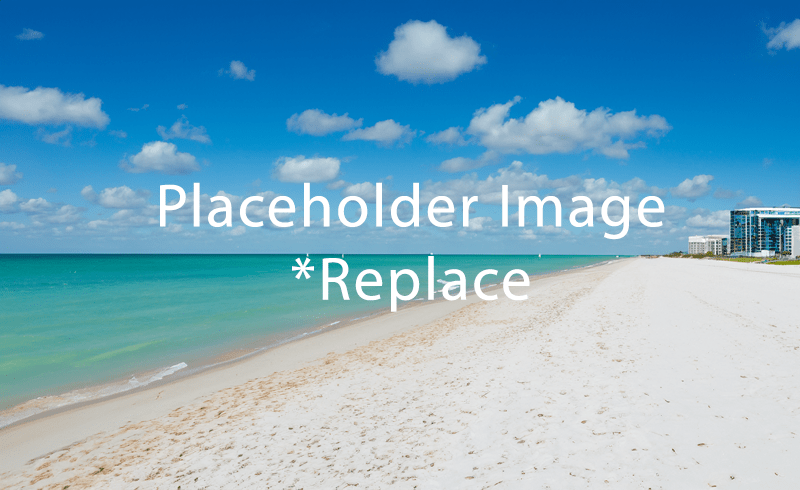Why Hotels Still Ban Cannabis—Even in Legal Nevada
Nevada has allowed adult-use cannabis since 2017, yet most hotels still prohibit guests from consuming it. The short answer is that legalization never guaranteed the right to consume everywhere; the longer answer lives at the intersection of state rules, federal law, and hospitality risk management.
First, Nevada draws a bright line around where use is permitted. State guidance is explicit: adults may consume only on private property where the owner allows it—never in public places, never in vehicles, and, crucially for visitors, not by default in lodging. Hotels are private property, and owners can ban it outright. The Cannabis Compliance Board (CCB) also points tourists to a narrow legal alternative: licensed cannabis consumption lounges, which are the only public-facing venues where use is lawful.
Second, federal law looms large. Cannabis remains a Schedule I drug under the U.S. Controlled Substances Act, and Nevada’s resort corridor depends on federally regulated banking and tight gaming oversight. In 2018, the Nevada Gaming Policy Committee adopted a resolution advising the industry to avoid marijuana-related activities because of federal illegality—a position that still shapes casino policy. Even as cannabis businesses proliferate nearby, gaming operators have kept a “hands-off” stance to protect licenses and financing, and that posture ripples into hotel rules across integrated resort properties.
Third, indoor-air and workplace rules constrain what a hotel could allow even if it wanted to. Under the Nevada Clean Indoor Air Act—and employer guidance from local health officials—smoking and vaping are prohibited in indoor places of employment, which covers most hotel interiors such as lobbies, restaurants, meeting rooms, and casinos. While state public health FAQs note that hotel or motel rooms may be designated for smoking at the operator’s discretion, many brands have voluntarily gone fully smoke-free to minimize odor, cleaning costs, and fire risk; when rooms are smoke-free, that typically includes cannabis.
Fourth, liability and operations matter. Allowing cannabis on property complicates insurance underwriting, staff training, ventilation standards, and potential nuisance claims from non-consuming guests. It also intersects with enforcement outside the property: stepping onto a sidewalk or into a rideshare to consume can violate Nevada’s ban on public consumption and on consumption in moving vehicles, exposing both guests and brands to headaches. Clear “no-consumption” rules are easier to communicate and enforce consistently across thousands of rooms and multiple venues.
Are there exceptions? Yes—state-licensed lounges provide lawful spaces off-property, and a long-running lounge on Las Vegas Paiute tribal land operates under tribal regulation rather than state rules. Still, the lounge ecosystem remains thin: as of spring–summer 2025, only a tiny handful of state-licensed lounges had opened, and Las Vegas’s first state-licensed lounge closed after a year, underscoring how limited the options remain for tourists seeking a legal place to partake.
The bottom line: In Nevada, legalization gave adults the right to purchase and possess—but not to consume anywhere they choose. Federal illegality, gaming oversight, indoor-air rules, and practical risk all push hotels to keep bans in place. Visitors should assume “no” unless a property explicitly says otherwise, verify policies before booking, and use only licensed lounges or truly private, permitted spaces when consuming.

